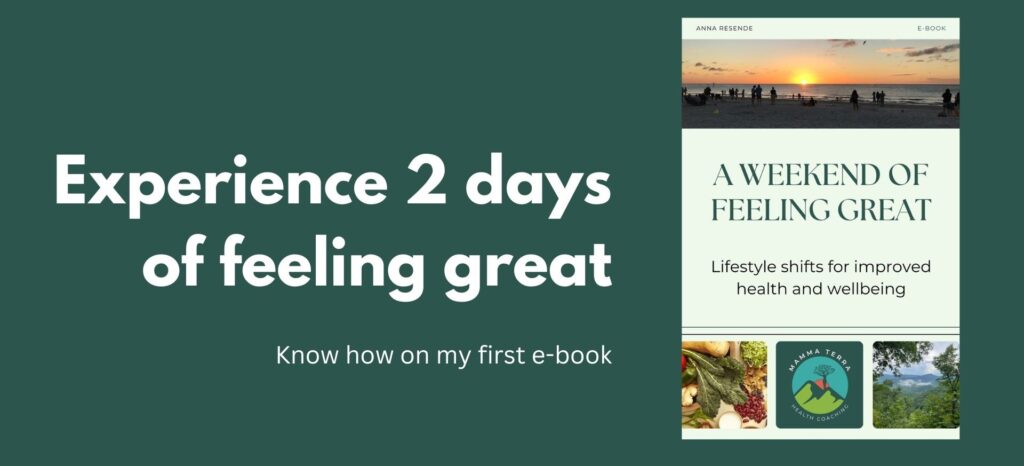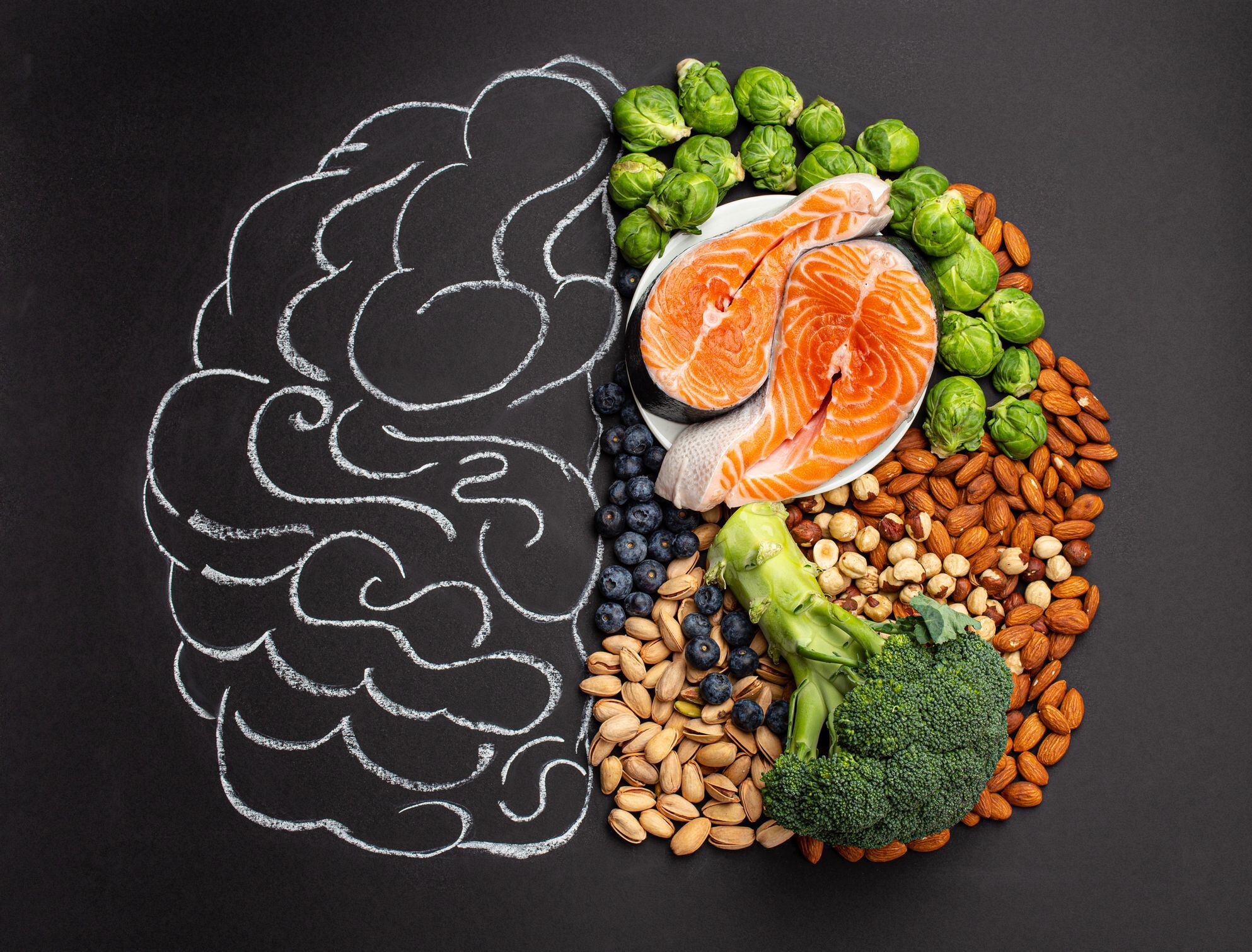Understanding Stress
According to the American Psychological Association, stress is the physiological or psychological response to internal or external stressors. It is a normal reaction to exciting life events as it is to work overload, bullying, project deadlines, and toxic relationships. All of those are considered external stressors. Although a natural physiological mechanism, stress involves changes that affect nearly every system of the body, potentially causing illnesses. That’s why understanding stress mechanisms is so important.
External Stressors
Falling in love, starting college, or a new job are considered positive external stressors. When going through those kinds of experiences, stress may be manifested by palpitations, sweating, dry mouth, shortness of breath, fidgeting, and accelerated speech. However, the exact same symptoms might be experienced when negative external stressors are present. Created as a safety feature, the stress mechanism is a defense system that should be turned off after the “danger” is no longer present. This means your body’s stress response is perfectly healthy when it’s temporary.
Some Data
According to a 2022 study by the American Psychological Association, 58% of young adults said most days their stress level is completely overwhelming, 55% said they couldn’t bring themselves to do anything when feeling stressed and 67% said they couldn’t focus under stress. Can you relate? The worst of it is that 71% of young adults aged 18-34 don’t talk about their stress overall because they don’t want to burden others. Which makes it even more relevant to raise awareness of the subject.
How it Works
Our body is the same old body our Homo Sapiens ancestors had. Unfortunately, our safety features haven’t been upgraded since the paleo times. Back in the day, at the slightest sign of danger, let’s say a tiger approaching, the stress mechanism would kick off preparing our bodies to run from or fight the predator. This primitive survival mechanism, rooted in our evolutionary history, still prepares us to face threats or escape danger. It causes a response in the body that is communicated to the autonomic nervous system. The sympathetic division then signals the “fight or flight response,” which mobilizes you to take action.
The Nervous System
The nervous system is a complex network of specialized cells that coordinate and regulate bodily functions. Its organs can be divided into two groups: the central nervous system (CNS) and the peripheral nervous system (PNS). CNS consists of the brain and spinal cord, which are responsible for processing and integrating sensory information, coordinating motor responses, and regulating higher cognitive functions. Controlling thoughts, emotions, and behaviors, the brain is the nervous system’s command center. The spinal cord serves as a pathway for transmitting nerve impulses between the brain and the rest of the body.
Peripheral Nervous System
The PNS consists of all the nerves that connect the brain and spinal cord to all other body parts. It includes a sensory division, which transmits information from sensory receptors to the CNS, and a motor division, which transmits signals from the CNS to muscles and glands. PNS’s motor division can be further divided into the somatic nervous system and the autonomic nervous system. Generally, the somatic NS oversees voluntary activities, such as limb movement, while the autonomic NS controls viscera, such as the heart, that perform involuntary actions.
Autonomic Nervous System
Peripheral nervous system’s autonomic part functions independently – or autonomously, and continuously. It controls heart rate, blood pressure, breathing, body temperature, and other visceral activities. Two interacting divisions compose the ANS – the sympathetic and the parasympathetic. The sympathetic division prepares the body for stressful and emergency conditions. Which is called the “fight or flight” response. In this response mode, heart rate increases, pupils dilate, muscles tense, blood vessels constrict, and blood flow is directed to muscles.
The Parasympathetic Division
The parasympathetic division is most active under ordinary conditions. When bouncing back from a stressor, the parasympathetic division promotes the relaxation response, also known as “rest and digest”. It restores homeostasis, the body’s equilibrium, by slowing heart rate, relaxing muscles, and reestablishing digestion and detoxification. All CNS divisions work together to regulate and coordinate the functions of the body and to respond to internal and external stimuli.
The Physiology of Stress
When your body goes into a stress response, your SNS is activated to enable you to save yourself from danger. Your brain triggers the adrenal glands to secrete hormones like cortisol and adrenaline. The rest of your body is alerted by those hormones, and you feel ready to run or fight. After the initial stress response, your body attempts to return to its stable state called homeostasis. But when your stress reactions are too strong or triggered too often, your body will remain on high alert.
The Problem
As a result of this constant stress, your body builds up resistance and tolerance. When stressing our muscles this is an expected good outcome but, the extended release of stress hormones has adverse effects on your body. Remember that the stress response slows digestion and suppresses the immune system to focus on pumping blood flow to muscles. Continuing to function in this wired state and never fully returning to the relaxation response causes some malfunctions. Your metabolism slows down, you cannot digest and absorb food properly, and your body becomes depleted of nutrients.
It Happened to Me
As a young adult navigating the complexities of life and motherhood, I encountered stress from various sources and in different seasons. From an international move with a baby and a toddler to getting back to work after maternity leave, all social pressures and expectations were a challenge to me. At some point, the uncertainties about the future felt so overwhelming that I developed gastritis. The pain was so intense that I remember waking up in the middle of the night. After an endoscopy, the doctor said it was all stress! I didn’t know any stress management techniques back then nor did I have a support system.
Chronic Stress
That’s why it’s crucial to not let the stress become prolonged or chronic. Avoiding the constant state of high alert, with elevated cortisol levels, is key for keeping your well-being. Chronic activation of the stress response can disrupt numerous physiological processes in the body, including metabolism, immune function, digestion, and sleep. It can create the perfect condition for the development of all kinds of ailments, like gastritis. Not to mention the impacts on mental health. I once had such a stressful mental state that I crashed my car at a grocery store parking lot.
Hormonal Imbalances
Chronic stress can also disrupt hormonal balance in the body. It can affect appetite regulation and reproductive functions. Hormonal imbalance may increase hunger and cravings for sugar. Elevated cortisol levels can impair cognitive processes and decision-making abilities, making it more challenging to resist bad choices. Under stress, you may be more likely to give in to cravings or put yourself in socially dangerous situations. Stress is impairing to some extent.
Stress Impacts
Stress can exert a powerful influence on your eating behaviors. For many individuals, stress triggers changes in appetite and food choices, leading to not eating, overeating, or lenience to unhealthy options. From eating disorders to hormonal imbalances and impaired decision-making, stress can definitely take a toll on one’s life. Alcohol, tobacco, and drugs are also common unhealthy ways to cope and soothe negative emotions. Comfort foods, often rich in sugar, fat, and salt, also provide a quick dopamine boost and temporary relief.
Break the Cycle
Stress contributes directly to psychological and physiological disorders affecting mental and physical health and therefore reducing quality of life. Just as the sympathetic nervous system turns on the “fight or flight response,” the parasympathetic nervous system, has to turn it off so the body can reestablish equilibrium and rest. The ability to go from “fight or flight” to “rest and digest” is thus critical for your health. Finding ways to help the body activate the relaxation response is vital.
Coping Strategies
There are numerous ways to manage stress effectively and therefore mitigate its impact. The first step is to learn how to recognize the symptoms and apply the techniques to help the body restore homeostasis. Some common stress relievers are breathwork, meditation, and yoga. Those might help calm your mind and body during stressful times. Other options that promote relaxation are spending time in nature, exercising, getting adequate sleep, and connecting with supportive friends and family members.
More Coping Choices
Although it brings immediate comfort, coping with food, alcohol, tobacco, or drugs only makes matters worse. None of them can activate the relaxation response. Journaling, creative arts, and tapping on the other hand can be very effective. Even if you’re not a big fan of Taylor Swift, shaking it off is proven to be a good stress reliever. You can also try Chopra‘s STOP technique – Stop what you’re doing, Take a 1-minute breathing break, Observe the bodily sensation, and Proceed with awareness. When you take time to honor your feelings and emotions you have better chances to positive outcomes.
Fill Your Toolbox
Mindfulness has become a recurrent topic lately after science has placed it at the core of stress management. It requires indeed a certain level of awareness to recognize the signs of stress. Spending some time learning and practicing stress management is going to equip you with a lifelong skillset. Even with the best diet and exercise routine in the world, if you don’t learn how to regulate your stress, you won’t have energy, will gain weight, and most likely get sick. Whoever masters stress regulation will have the tools needed to live a better life.
Don’t Let Stress Take Control
While stress can certainly pose challenges to your health, it’s important to remember that you have the power to manage it effectively. By understanding its mechanisms and knowing healthy coping strategies, you can navigate stressful situations with ease. So, next time you feel stressed, instead of reaching for a drink or a pint of ice cream, try going for a walk, practicing breathing exercises, or calling up a friend.
Most importantly, don’t let stress take control! Find the stress management technique that resonates with you and add it to your toolbox. If you need help, I’ll be honored to help you find what works best for you.
After all, Good is what makes you feel well!
Anna.

Anna Resende
Integrative Nutrition Health Coach
Certified by IIN - Institute for Integrative Nutrition
Every week I send out my newsletter called Mamma’s Tips where I share health and wellness topics, good books, recipes, and more.
Click below to subscribe!
I’m excited to share that I just published my first e-book
A Weekend of Feeling Great!

In this book, you’ll find all the steps you can take to feel great. Besides all the foundational principles of multidimensional health, it has a sample of a productive daily routine and a two-day menu with 10 healthy recipes for you to try.




